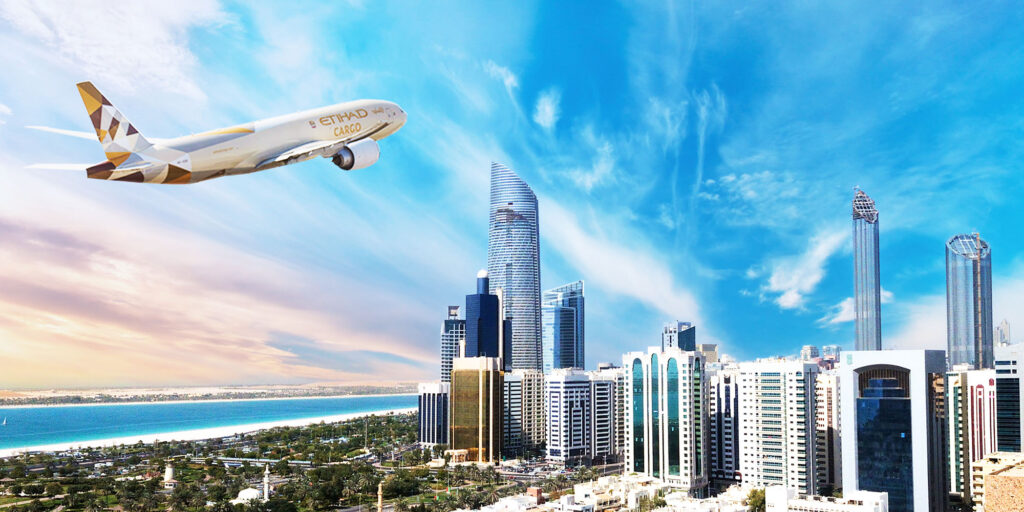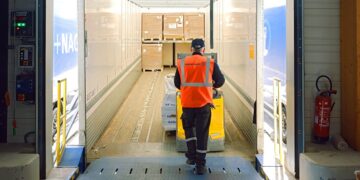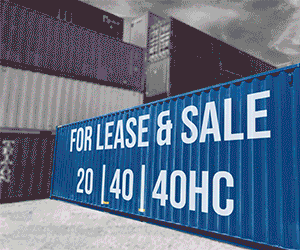The carrier will assess its sustainability against eight criteria across environment, society, and culture and leadership

Etihad Cargo has advanced its sustainability journey by becoming the first Middle Eastern carrier to participate in The International Air Cargo Association’s (TIACA) BlueSky programme.
Following the March 2022 launch announcement of the air cargo industry’s first multi-sector sustainability verification programme and successful pilot programme, Etihad Cargo is one of the first participants to join the programme’s live operations. Other participants include organisations from airline, airport, ground handler, and general sales and service agents sectors.
The first phase of the programme comprises an evidence-based desktop verification process in which participants can assess their progress against eight critical sustainability criteria, including decarbonisation, waste elimination, biodiversity protection, support for local economies and communities, impact on society improvement, efficiency and profitability.
Upon completion of the tailored assessment process, Etihad Cargo will receive a personalised dashboard which displays the carrier’s performance against the criteria. Later phases of the programme will include the option for a full onsite audit with an in-depth report that highlights areas for improvement.
“Sustainability remains a key pillar of Etihad Cargo’s agenda,” affirmed Martin Drew, Senior Vice President Global Sales & Cargo. “Although the air cargo industry has historically been considered less sustainable than other methods of transportation, the sector is making great strides in developing more sustainable solutions and is investing in fleet modernisation, fuel efficiency, sustainable aviation fuel and carbon compensation initiatives,” he continued.
Temperature controlled solutions for the Pharma trade
Over the past year, Etihad Cargo has embarked on several green initiatives, which include replacing 3,000 containers from its original aluminium unit load device (ULD) fleet with environmentally friendly lightweight versions.
The carrier has also entered into a Memorandum of Understanding (MoU) with B Medical Systems to develop and launch the world’s first airline-specific passive temperature-controlled solution for the transportation of life-saving drugs, vaccines and high-value pharmaceuticals.
As these temperature-controlled container units utilise passive cooling technology, they do not require an external power source. They can retain temperatures from -80 to 25 degrees Celsius for five days while still significantly reducing carbon emissions.
Want to stay updated on the latest industry news and trends? Subscribe today to receive your monthly news highlights directly in your inbox!











